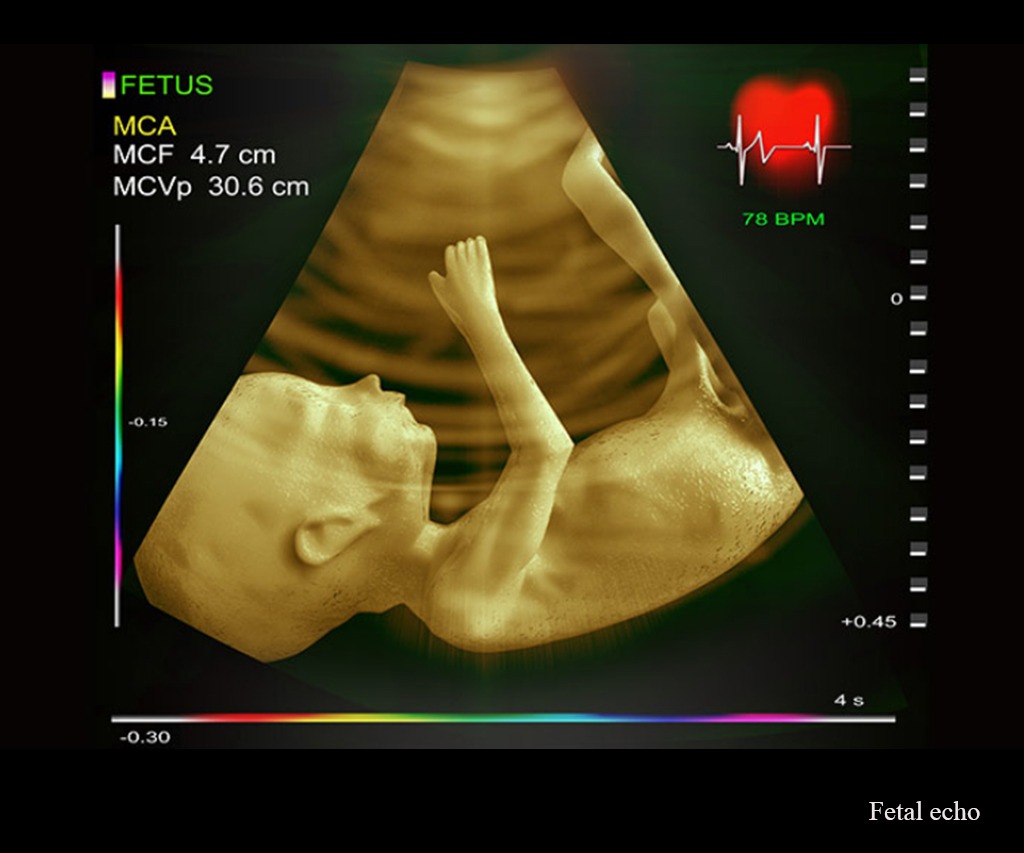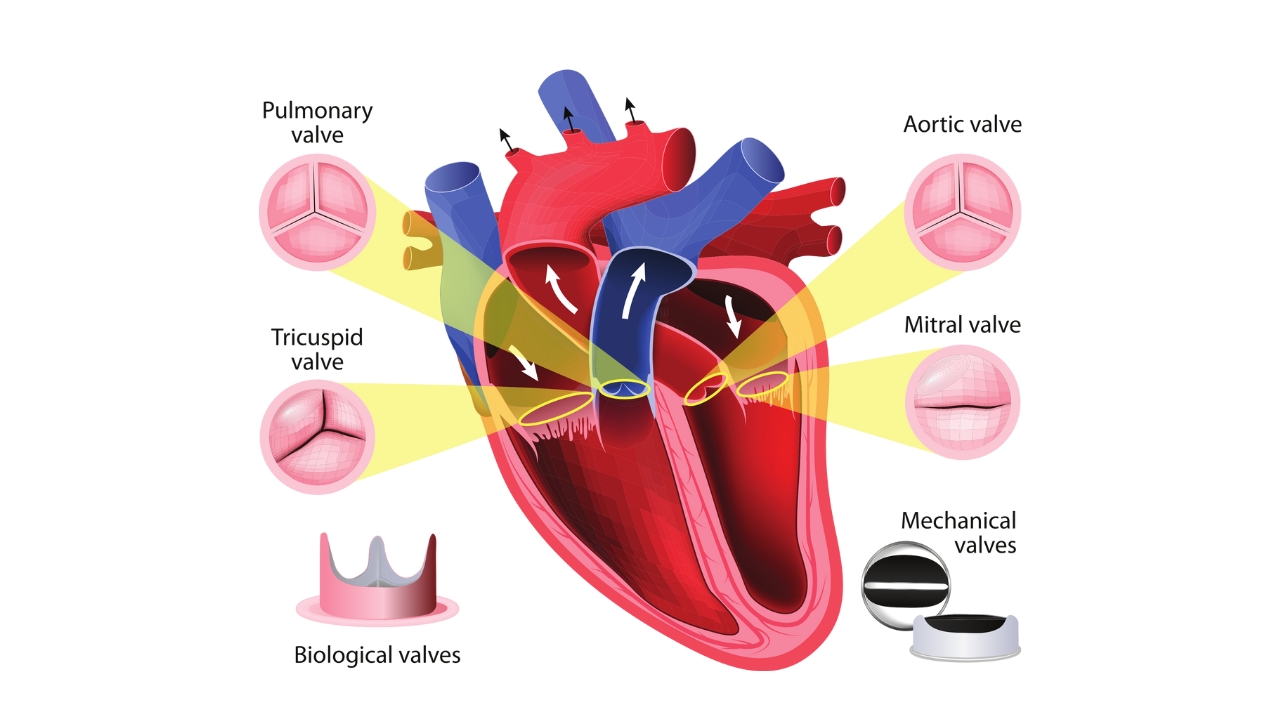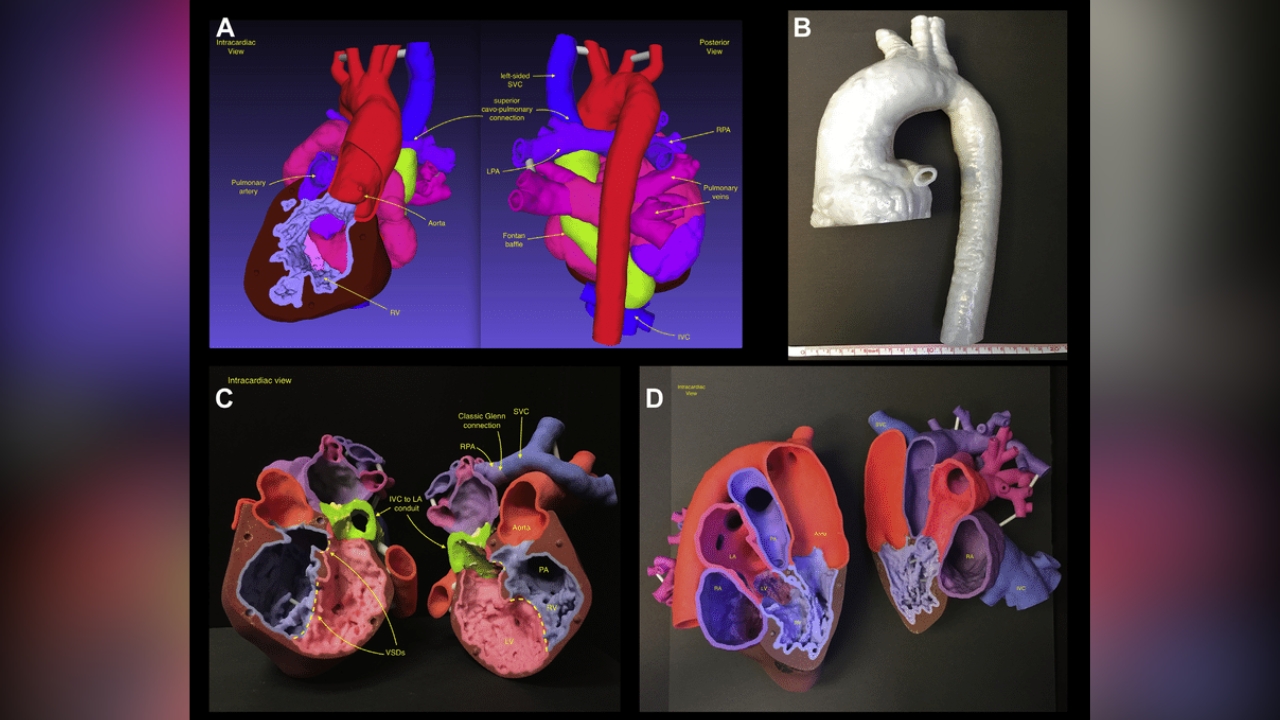As a pediatric cardiologist with over 18 years of experience, I have seen firsthand the profound impact early diagnosis can have on a child's life. One of the most remarkable advancements in neonatal care has been fetal echocardiography, a specialized ultrasound that allows us to evaluate a baby's heart while still in the womb. This tool has revolutionized the way we approach congenital heart conditions, making early detection and intervention possible.
Why Is Fetal Echocardiography Important?
Imagine a mother, Priya, who was expecting her first child. During her routine checkup, her obstetrician suggested a fetal echocardiogram after detecting an abnormal heart rate. The scan revealed a small yet serious congenital heart defect. Thanks to early detection, we could prepare a detailed care plan, coordinate a team of specialists, and ensure that Priya’s baby received the necessary treatment promptly after birth. Without fetal echocardiography, this diagnosis might only have been made after symptoms appeared, which can sometimes be too late for optimal intervention.
Fetal echocardiography is vital because many congenital heart defects don’t show obvious signs during pregnancy, and symptoms after birth can often be subtle or mistaken for other issues. Early detection allows us to plan for interventions that can be life-saving, and in some cases, even prevent complications before they develop.
How Does the Procedure Work?
Fetal echocardiography is performed by a trained specialist using high-resolution ultrasound equipment. It’s a non-invasive, painless procedure that usually takes about 30 to 45 minutes. During the scan, I assess the structure, blood flow, and overall function of the fetal heart, looking for any abnormalities. We examine the chambers, valves, and major vessels to ensure they are developing normally.
Patient Stories: A Message of Hope
I vividly remember a case involving Anand and Meera, a young couple eagerly awaiting their firstborn. Their screening ultrasound showed no initial concerns, but during a targeted fetal echocardiogram, I discovered a condition called transposition of the great arteries—a serious defect requiring immediate postnatal surgery. Because I detected the issue early, we coordinated transfer to a specialist pediatric cardiac center. Anand and Meera felt reassured knowing that their baby’s health was monitored closely from the start. Thanks to early planning, their son underwent a successful surgery within days of birth and is now thriving.
The Role of Expectant Parents
I often tell parents that fetal echocardiography is a gift of time—time to prepare, to arrange the best possible care, and to approach delivery with confidence. It’s especially recommended if there’s a family history of heart defects, previous pregnancy with abnormalities, or if an abnormality is suspected on routine ultrasounds.
Conclusion
Early detection of heart problems in fetal life through fetal echocardiography has transformed pediatric cardiology. It empowers parents and clinicians alike, ensuring that no child’s life is compromised due to missed or late diagnoses. As doctors, our goal is to foster hope, and with the right tools, we can too. If you have concerns or are pregnant, discussing fetal echocardiography with your healthcare provider can make a world of difference for your child’s future.



Add a Comment